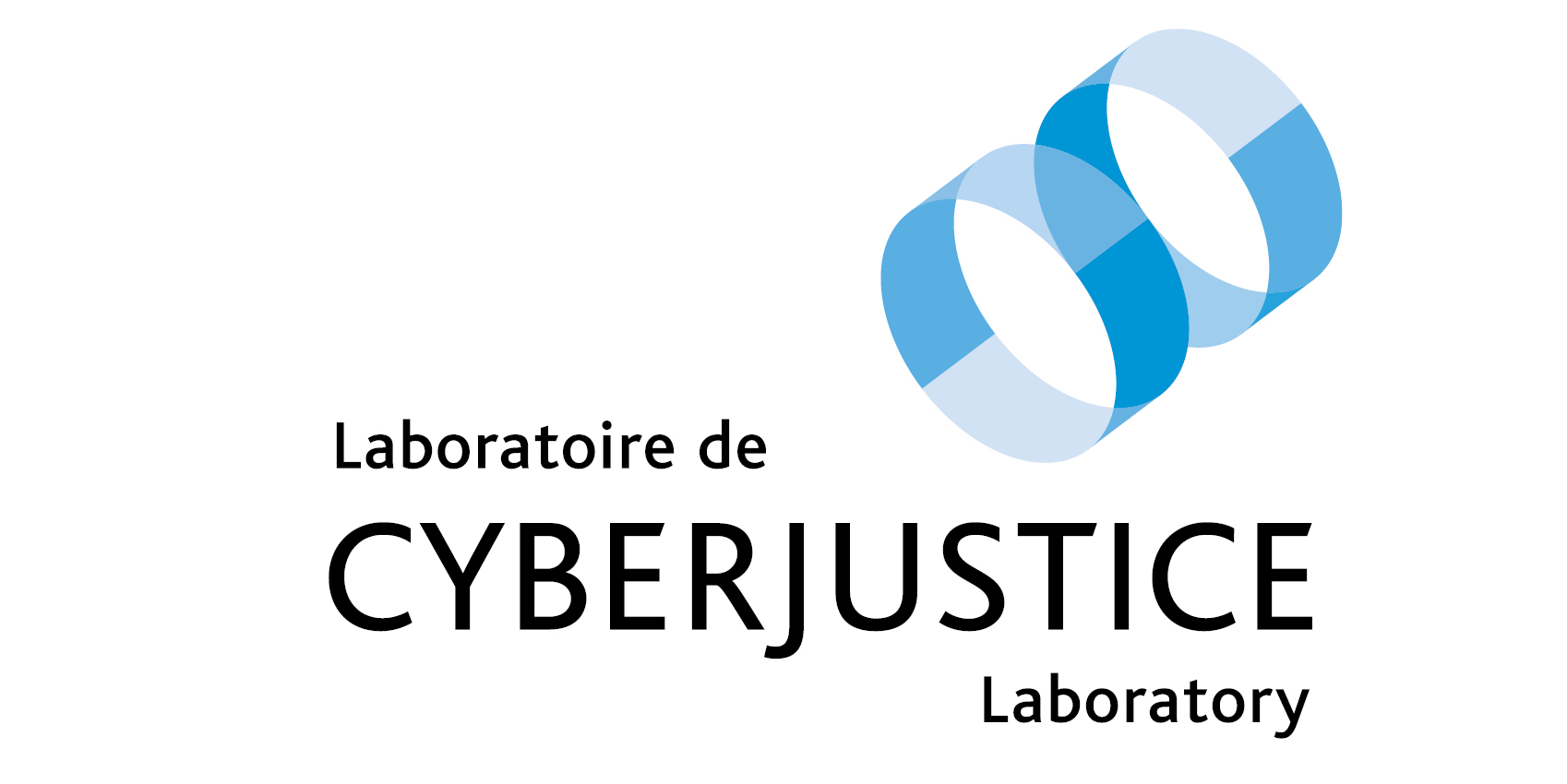Virtual Court Platform
Through the Canada Foundation for Innovation, the Cyberjustice Laboratory team is developing a new online dispute resolution platform called "Virtual Court". This platform is highly modular and quickly configurable so that it can model in a very short time most of the major essential functions of a criminal, civil or administrative justice chain. The platform is being developed following the AGIL method and benefits from the experience of all partners of the Cyberjustice Laboratory.
This project will use the Cyberjustice Core. It is the set of services needed to support our software solutions.
The main responsibility of each of these services will be:
- Judicial Files: management of pre-judicial or judicial cases;
- Incident Request Service: management of incidental requests to a file;
- Users Profile Service: management of authentication, identification and user profiles;
- Forms Service: management of the creation, reading, updating and deleting of forms and form templates;
- Documents Service: management of the documents, attachments and envelopes;
- Calendar Service: management of staff calendars, meetings and schedules of courtrooms or organizations providing extra-judicial services;
- Exchange Service: management of user permissions on discussions;
- Hearings Service: management of documents necessary for a hearing;
- Witnesses Service: management of authentication and identification of witnesses and their permissions in a case;
- Secure Mail Service: management of the sending of notification emails (alerts);
- Buildings Services: courts and court facility management (inventory and use);
- Entities Service: management of courts or organizations providing extra-judicial services (such as administrative tribunals);
- Security Service: user authorization management;
- Configuration Service: repository and location services for applications
- Journal (logging) Service: management of actions recorded in a folder;
- Business Rules Service: business rules application service.
The platform of this virtual court is developed with React technology. This software has become an essential reference for the development of rich user experiences in the web browser, including on mobile.
Other software
Case study
This content has been updated on 04/06/2020 at 17 h 43 min.

